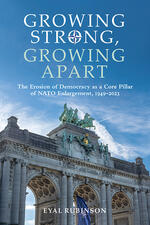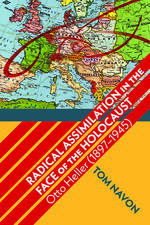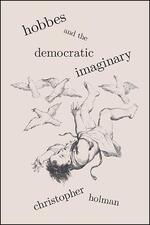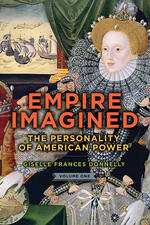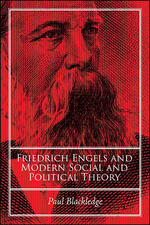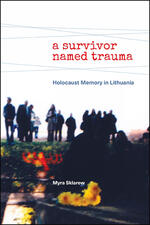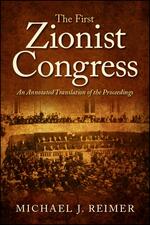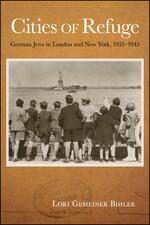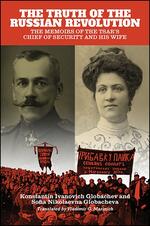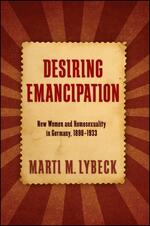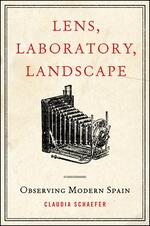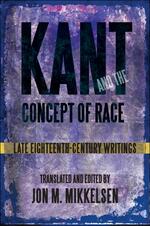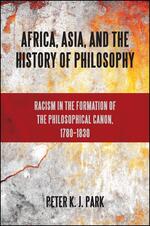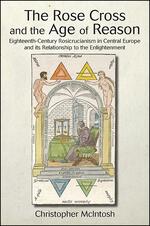European History
Music at World's End
A fascinating story of how three musicians, who escaped the Nazis, inspired Iceland’s modern classical music.
Reimagining Europe
Essays addressing, from various angles, the relationship between Europe and philosophy in today’s crisis-ridden contexts such as xenophobia and migration.
Growing Strong, Growing Apart
Explores the role of democracy in NATO expansion decisions throughout the organizations history and looking forward into the future.
Radical Assimilation in the Face of the Holocaust
An intellectual-political biography of Otto Heller, the most prominent and prolific communist theoretician of the Jewish question.
Hobbes and the Democratic Imaginary
A critical interrogation of elements of Hobbes's political and natural philosophy and its capacity to enrich our understanding of the nature of democratic life.
Empire Imagined
Examines the deep roots of the American way of war.
The Last Noble Gendarme
Gripping account of the life of the Russian Tsar’s last chief of security and intelligence.
The Early Bronze Age in Western Anatolia
Examines the culture and chronology of increasingly complex urban societies in western Anatolia during the Early Bronze Age.
Contribution to the Correction of the Public's Judgments on the French Revolution
First translation into English of Fichte’s major work on the French Revolution.
Friedrich Engels and Modern Social and Political Theory
Offers a powerful new interpretation of Engels’s contributions to modern social and political theory.
The Great War in Hollywood Memory, 1918-1939
Assesses how America's film industry remembered World War I during the interwar period.
A Survivor Named Trauma
Combines personal accounts with insights from psychology to understand the continuing impact of Holocaust trauma in Lithuania.
The First Zionist Congress
An indispensable primary source in the history of Zionism.
The Pen Confronts the Sword
Demonstrates how four books by dissident German intellectuals served as a rebuke to the Nazi regime.
Cities of Refuge
Contrasts the experiences of German Jewish refugees from the Holocaust who fled to London and New York City.
East German Historians since Reunification
Surveys how reunification in 1990 impacted historical scholarship in the former East Germany.
The Truth of the Russian Revolution
An eyewitness account of the Russian Revolution of 1917 and its aftermath, newly translated into English.
Bricktop's Paris
Tells the fascinating story of African American women who traveled to France to seek freedom of expression.
Desiring Emancipation
Uses historical case studies to illuminate women’s claims to emancipation and to sexual subjectivity during the tumultuous Wilhelmine and Weimar periods in Germany.
Lens, Laboratory, Landscape
An interdisciplinary study of the rise of empirical observation in the Spanish arts and sciences as the principle vehicle for acquiring knowledge about the natural world.
Vanished by the Danube
A story of loss and survival.
Kant and the Concept of Race
Late eighteenth-century writings on race by Kant and four of his contemporaries.
Energy and the Politics of the North Atlantic
Documents how energy resource acquisition has been the driving motivator for European and American international relations.
Africa, Asia, and the History of Philosophy
A historical investigation of the exclusion of Africa and Asia from modern histories of philosophy.
The Rose Cross and the Age of Reason
Examines the relationship between diverse iterations of Rosicrucianism and the philosophy of the Enlightenment.


